The 43rd session of the United Nations Educational, Scientific and Cultural Organization (UNESCO) General Conference has opened in Samarkand, bringing together representatives from nearly 200 countries.
The forum, held from 30 October to 13 November 2025, aims to strengthen global dialogue on education, science and culture while shaping UNESCO’s strategy for the coming years.
This is the first time in more than forty years that the organisation’s main assembly has convened outside its Paris headquarters.
The decision to host the conference in Samarkand, one of the oldest cities on the Silk Road, symbolises a bridge between civilisations and reflects Uzbekistan’s growing role in international cultural diplomacy.
The conference will adopt UNESCO’s programme and budget through 2027 and elect members to its governing bodies.
Delegates are expected to discuss the role of digital technologies in education, the protection of cultural heritage, and new approaches to sustainable development.
UNESCO’s Director-General, Audrey Azoulay, noted that the Samarkand session is taking place at a time of rapid change and global uncertainty, emphasising the need for collective efforts to safeguard humanity’s shared legacy.
In his opening address, President Shavkat Mirziyoyev outlined Uzbekistan’s vision for inclusive and innovative development. He proposed establishing a School of Artificial Intelligence, a UNESCO Academy for Women’s Leadership, and an International Institute of Digital Heritage.
Other initiatives include designating 19 November as the International Day of Documentary Heritage and launching a Green Capital programme that links environmental protection with cultural preservation.
The opening ceremony was also attended by President Aleksandar Vučić of Serbia and President Peter Pellegrini of Slovakia as honorary guests. More than 2,800 participants from 190 countries are taking part in the event, including heads of state, ministers and experts.
The conference comes at a complex time for UNESCO, as global tensions and technological disruption reshape international cooperation. Delegates are tasked with agreeing on new funding and policy frameworks to ensure the organisation’s continued relevance.
The session is seen as a moment of renewal, reaffirming the importance of education, science and culture in building understanding across nations.
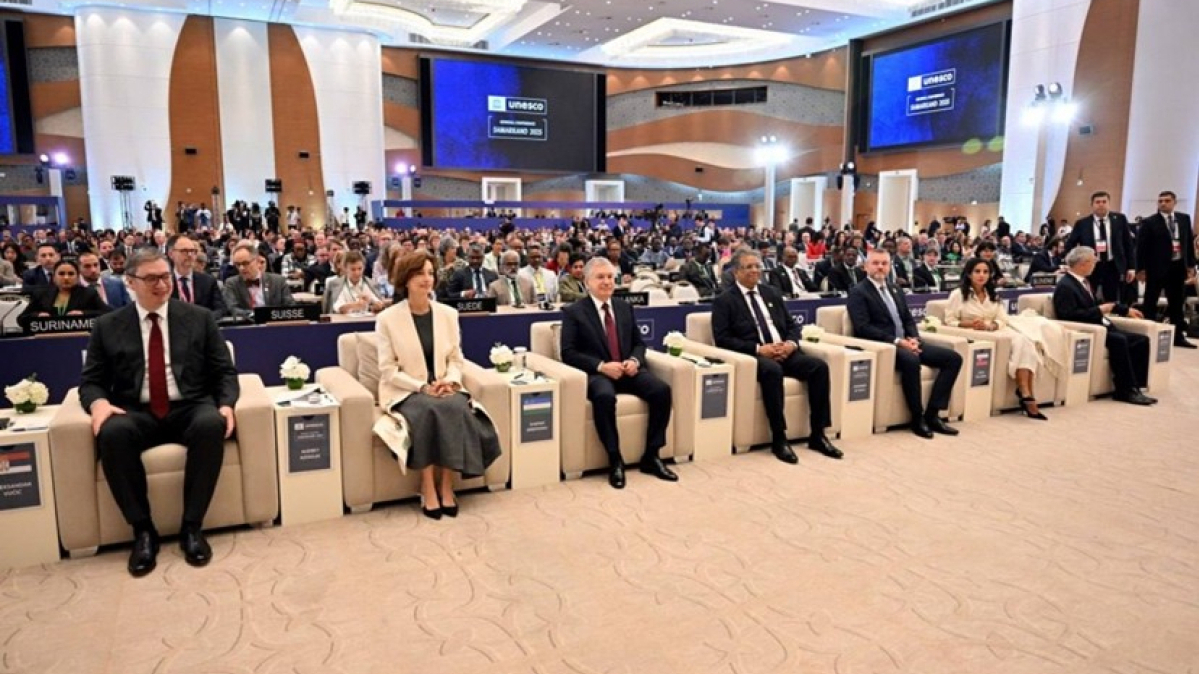
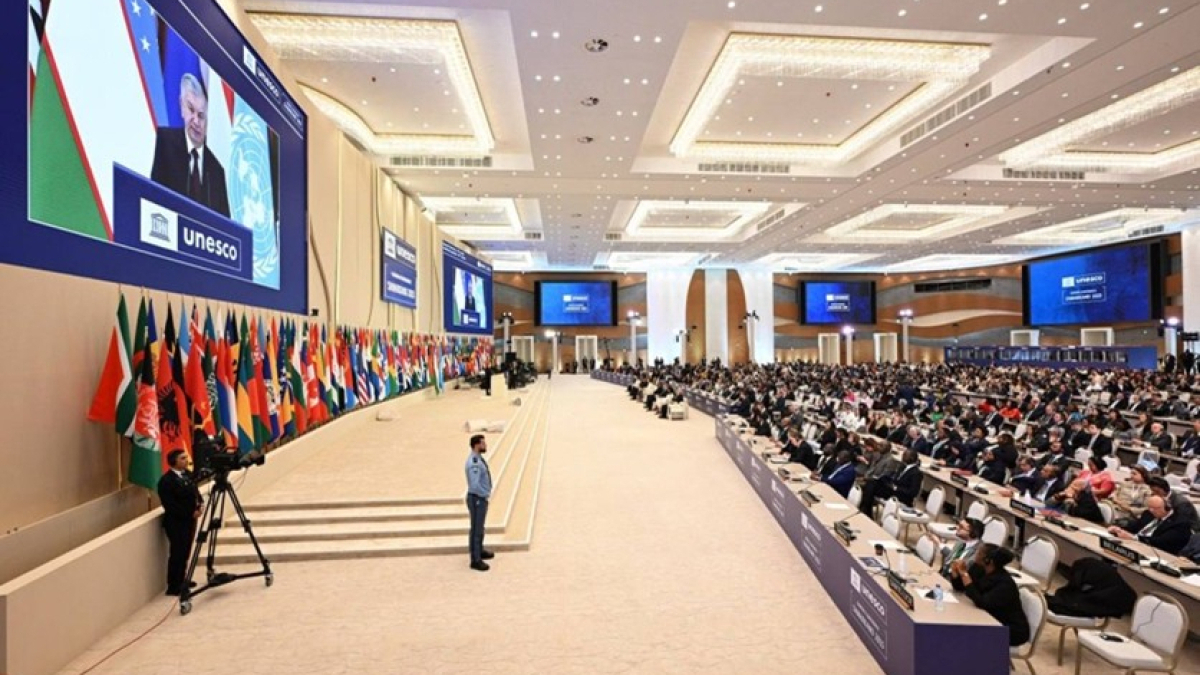
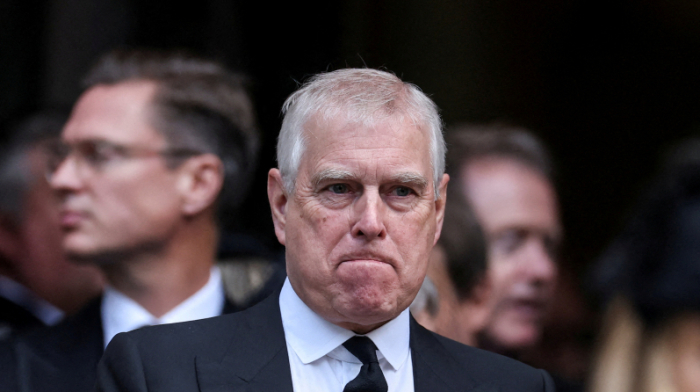
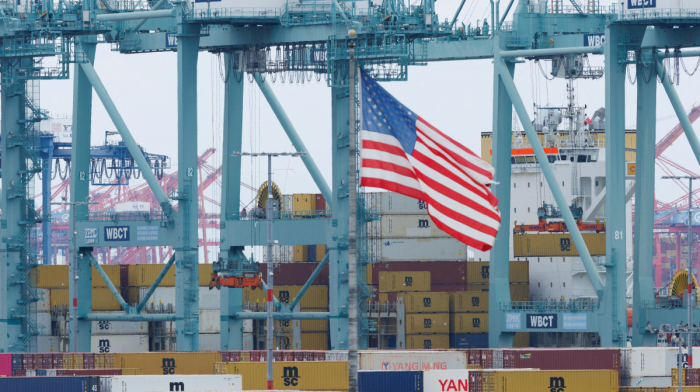

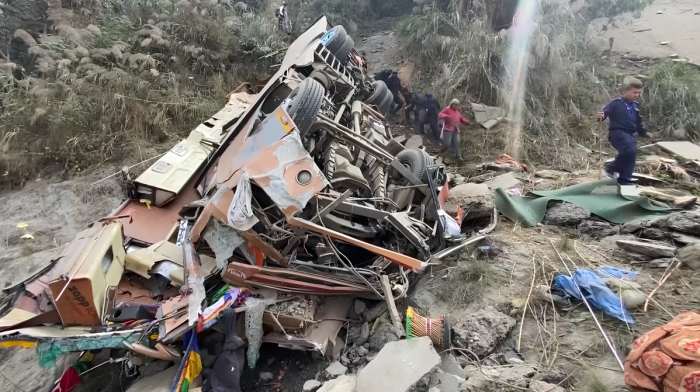
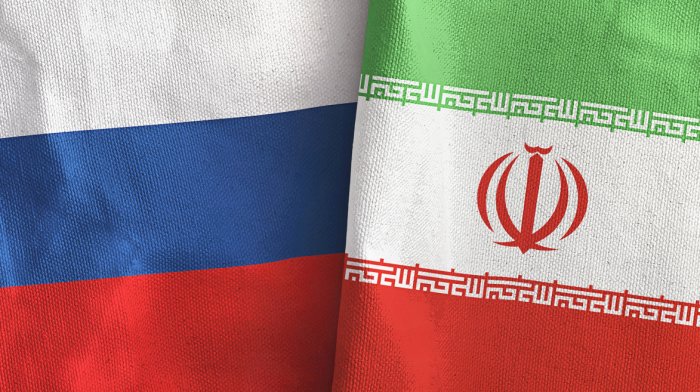

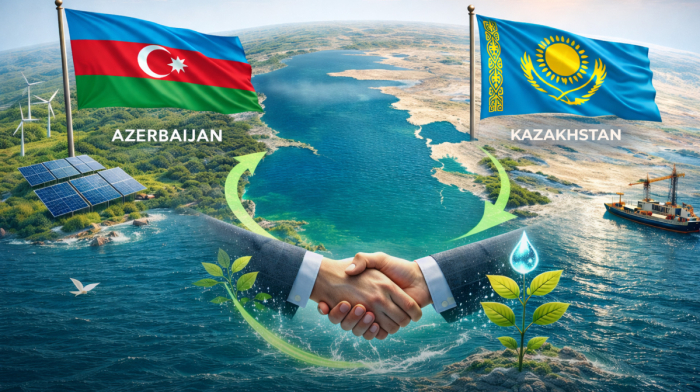
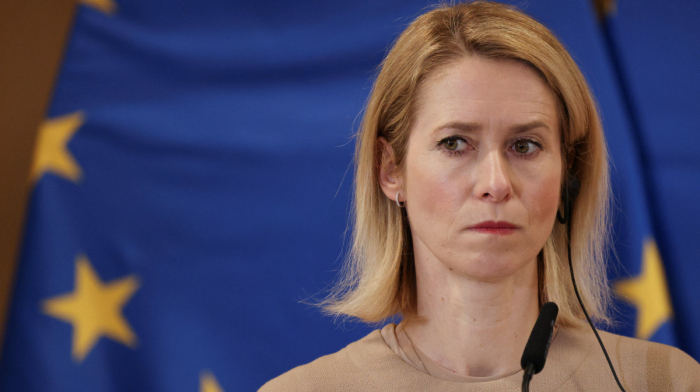
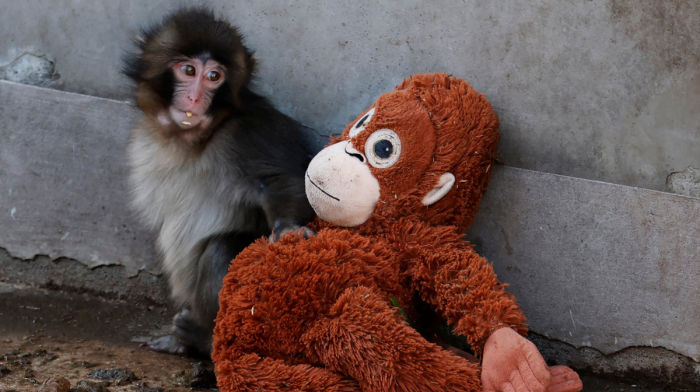
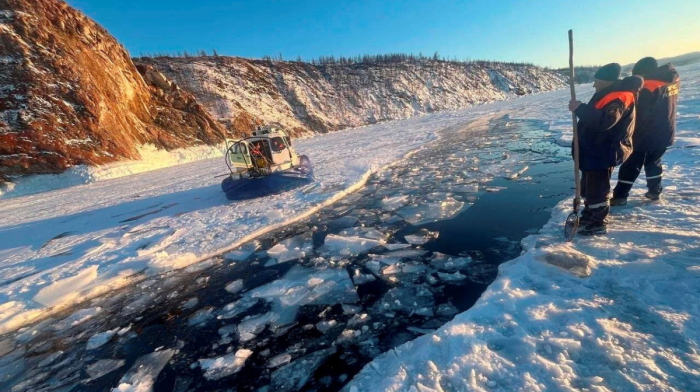
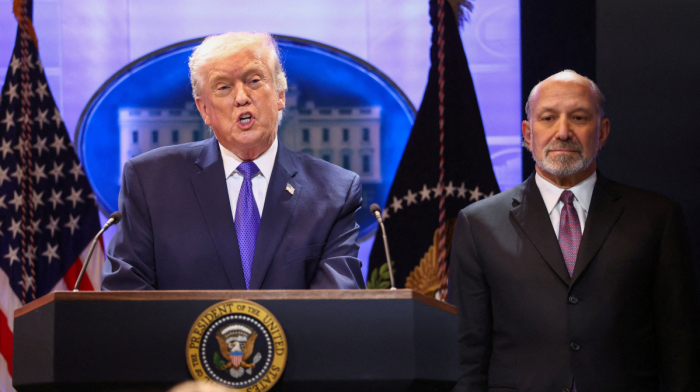
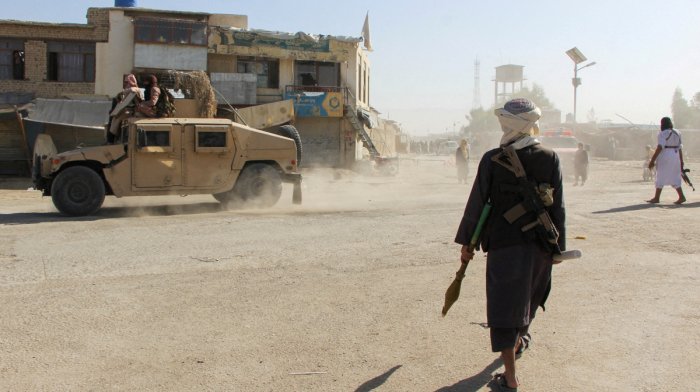
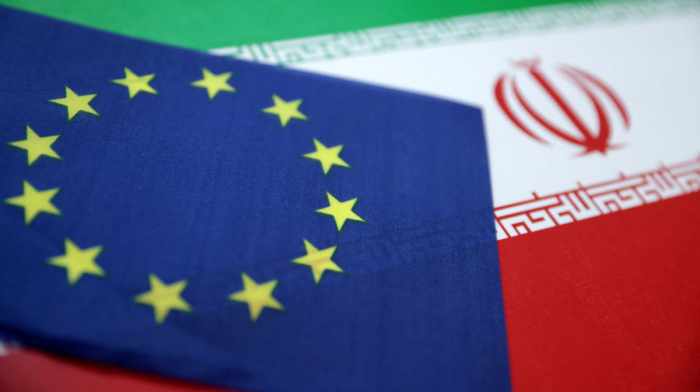
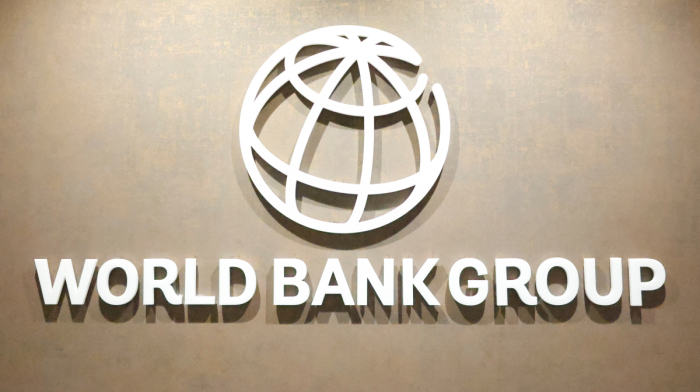
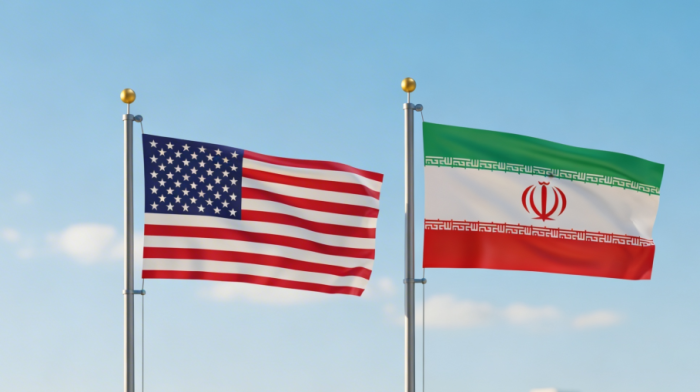
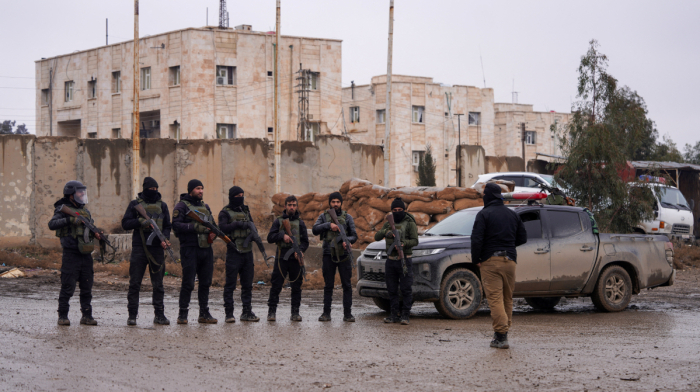



What is your opinion on this topic?
Leave the first comment